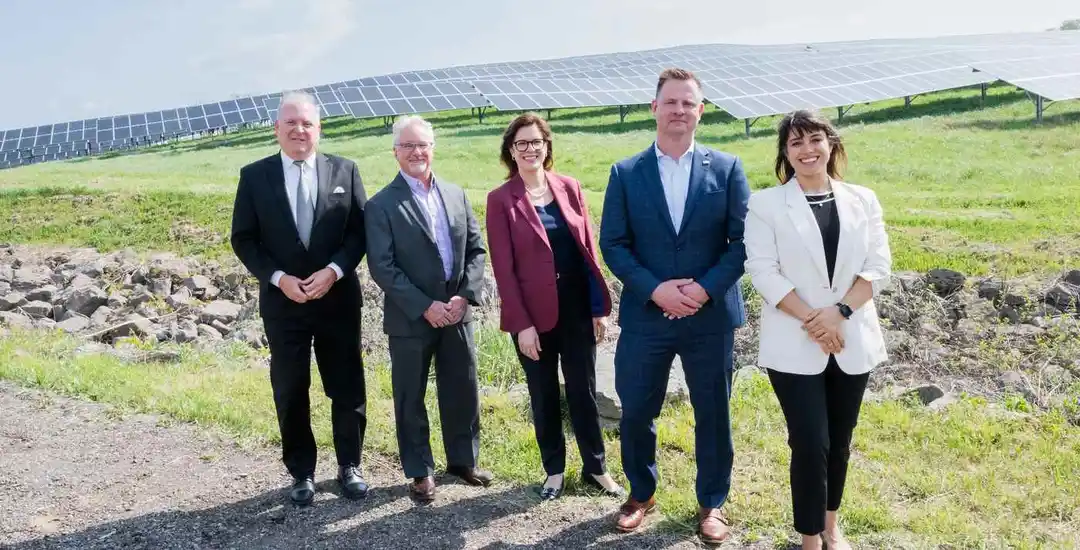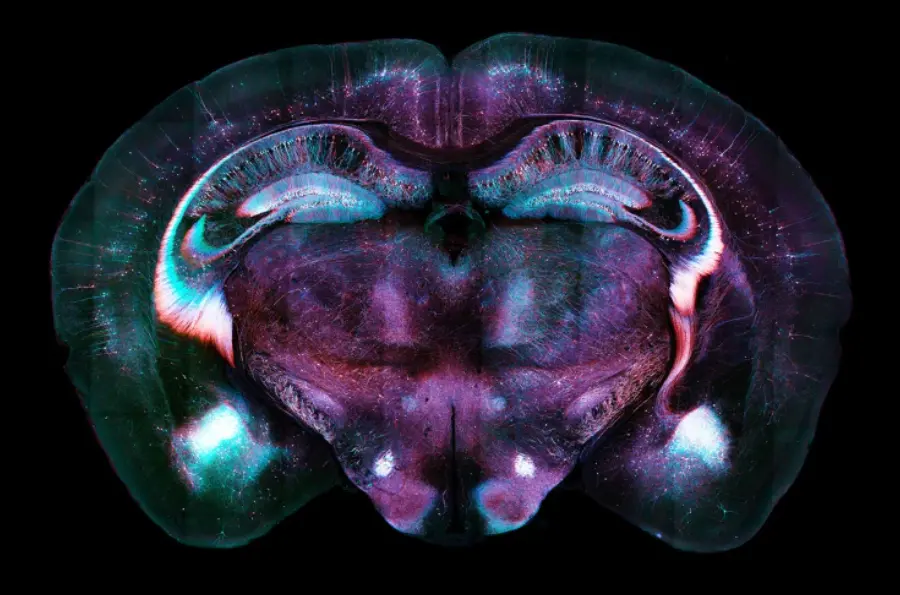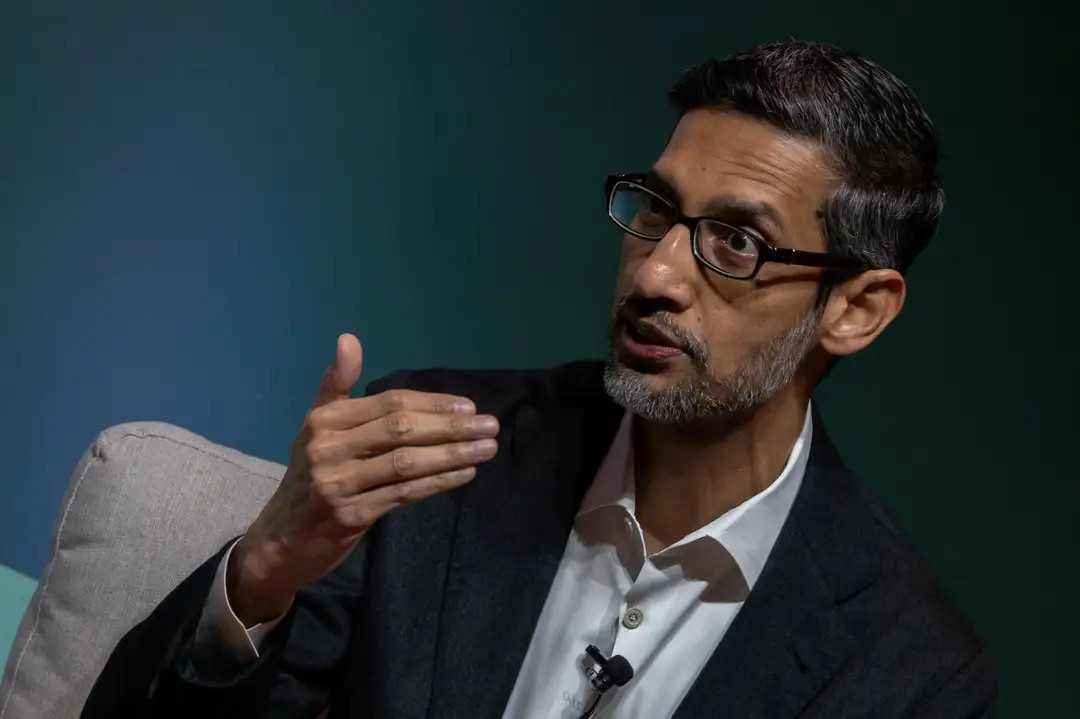In a world often overshadowed by challenges, science continues to be a beacon of hope, driving innovation and progress that transform lives and address global issues. From groundbreaking medical advancements to environmental solutions, the contributions of science remind us of humanity’s capacity for ingenuity and resilience. This article explores five ways science is making the world better, offering reasons to be optimistic about the future.
1. Revolutionizing Healthcare
Science has revolutionized healthcare, bringing hope to millions through innovative treatments and technologies. Recent breakthroughs include:
- Gene Editing: The CRISPR-Cas9 technology has opened new possibilities for curing genetic disorders and developing targeted therapies for diseases like cancer. Scientists are exploring ways to use gene editing to prevent hereditary conditions and improve overall health outcomes.
- Personalized Medicine: Advances in genomics and data analytics have paved the way for personalized medicine, tailoring treatments to individual patients based on their genetic profiles. This approach enhances the effectiveness of therapies and reduces side effects.
- mRNA Vaccines: The success of mRNA vaccines during the COVID-19 pandemic has demonstrated their potential to combat other diseases, including cancer and infectious illnesses. Researchers are now developing mRNA-based treatments for a wide range of conditions.
These advancements not only improve quality of life but also inspire hope for a future where diseases are more manageable and preventable.
2. Tackling Climate Change
Science plays a crucial role in addressing climate change and promoting sustainability. Key innovations include:
- Renewable Energy: The development of solar, wind, and hydroelectric power has accelerated the transition to cleaner energy sources. Advances in battery technology and energy storage systems are making renewable energy more reliable and accessible.
- Carbon Capture and Storage: Scientists are exploring methods to capture and store carbon dioxide emissions, reducing the impact of industrial activities on the environment. These technologies have the potential to mitigate climate change and support global efforts to achieve net-zero emissions.
- Sustainable Agriculture: Innovations in agriculture, such as precision farming and drought-resistant crops, are helping farmers adapt to changing climates while ensuring food security for growing populations.
These efforts demonstrate the power of science to create solutions that protect the planet and promote a sustainable future.
3. Advancing Space Exploration
Space exploration continues to inspire wonder and expand our understanding of the universe. Recent achievements include:
- Mars Missions: The successful landing of NASA’s Perseverance rover on Mars in 2021 marked a significant milestone in the search for signs of ancient life and the study of the planet’s geology. These missions pave the way for future human exploration of Mars.
- James Webb Space Telescope: The launch of the James Webb Space Telescope has provided unprecedented insights into the origins of the universe, enabling scientists to study distant galaxies and uncover the mysteries of space.
- Commercial Space Travel: Advances in commercial space travel, led by companies like SpaceX and Blue Origin, are making space exploration more accessible and fostering innovation in aerospace technology.
These achievements remind us of humanity’s boundless curiosity and the potential for discovery beyond our planet.
4. Enhancing Education and Connectivity
Science has transformed education and connectivity, empowering individuals and communities through technology. Key developments include:
- Online Learning Platforms: The rise of online learning platforms has made education more accessible, allowing students to learn from anywhere in the world. Virtual classrooms and interactive tools have revolutionized the way knowledge is shared and acquired.
- Artificial Intelligence: AI-powered tools are enhancing education by providing personalized learning experiences and automating administrative tasks. AI is also being used to analyze data and improve decision-making in various fields.
- Global Connectivity: Advances in communication technology, such as 5G networks and satellite internet, are bridging the digital divide and connecting remote communities to the global economy.
These innovations highlight the potential of science to empower individuals and foster collaboration across borders.
5. Promoting Social Equity
Science is driving progress in promoting social equity and addressing systemic challenges. Examples include:
- Accessible Healthcare: Efforts to develop affordable treatments and vaccines are reducing health disparities and improving access to care for underserved populations.
- Inclusive Technology: Innovations in assistive technology, such as prosthetics and communication devices, are empowering individuals with disabilities and enhancing their quality of life.
- Data-Driven Solutions: The use of data analytics to address social issues, such as poverty and education gaps, is enabling policymakers to make informed decisions and allocate resources effectively.
These advancements demonstrate the potential of science to create a more equitable and inclusive society.
A Future of Possibilities
The contributions of science to healthcare, climate action, space exploration, education, and social equity offer compelling reasons to be hopeful about the future. As scientists and innovators continue to push boundaries and tackle global challenges, their work inspires optimism and reminds us of humanity’s capacity for progress. By supporting scientific research and embracing innovation, we can build a world that is healthier, more sustainable, and more inclusive for generations to come.







